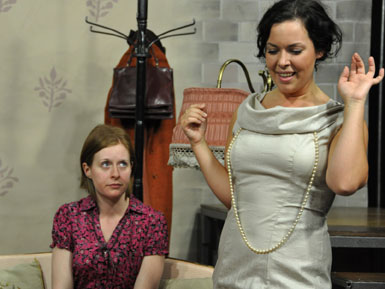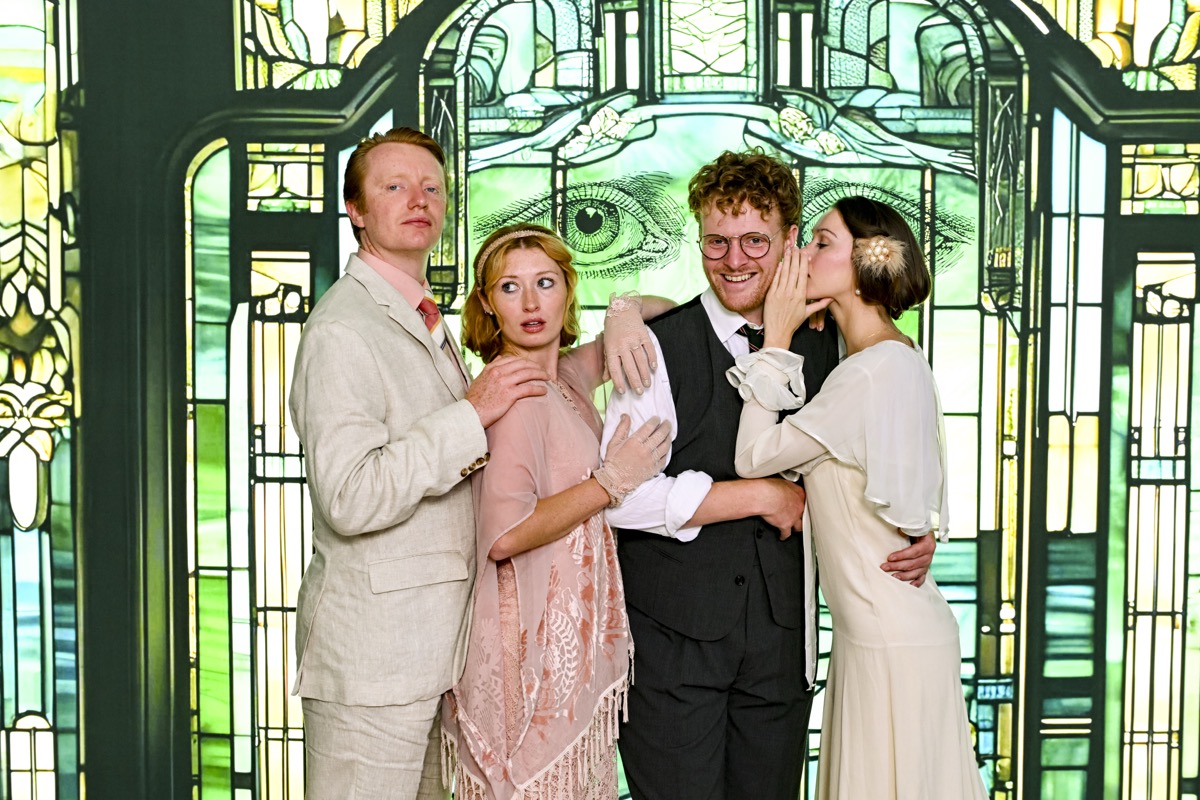by Nick Whitby
What rights does an individual have against the machinations of bureaucracy? Afra decides to file a complaint and has no intention of giving up. In so doing, she finds herself trapped in a Kafka-esque world, where the administration is afraid of her power, and nothing is as it seems. With its thrilling dialogs this dark comedy invites us to consider our own life choices in reflection to Afra's fight for true freedom of expression.
Extract from the script 'The Complaint'
| Afra: | There´s a difficulty with my complaint? |
| Mr Tabutanzer: | No, no the complaint is proceeding marvelously well. They just had one small concern. |
| Afra: | Who are `they`? |
| Mr Tabutanzer: | No one. Merely a turn of phrase. All complaints are sent as a matter of course to an independent advisory network, IAN. Ian casts an eye over the preliminary documents and recommends the best of course for the complaint to take thereafter, if there´s felt to be a problem. |
| Afra: | So there´s a problem... |
| Mr Tabutanzer: | No no, not a problem. |
| Afra: | You said there was |
| Mr Tabutanzer: | If there´s a problem. There is no problem. Only a concern. |
| Afra: | A concern is less serious than a problem? |
| Mr Tabutanzer: | Many levels less, yes, yes oh yes. A concern is only one level above the lowest level of all - a slight concern- then there´s a concern, and then, ascending from there, an issue, a serious issue, a slight difficulty, and so on up to a problem. Then, confusingly, there´s a plain difficulty, which is actually seperated from a slight difficulty by a problem. I don´t know why it´s like this, it just is. But a concern is really very minor indeed. |




















































